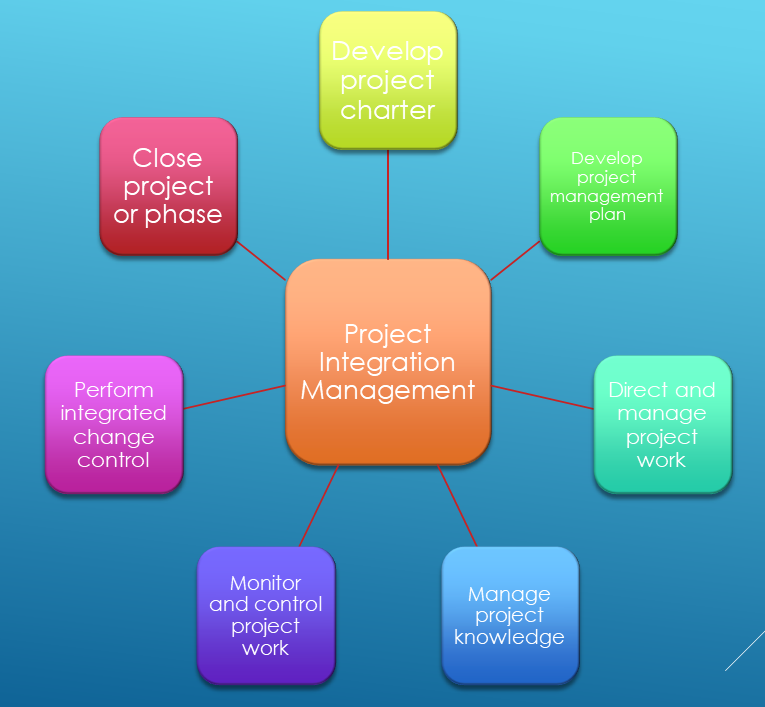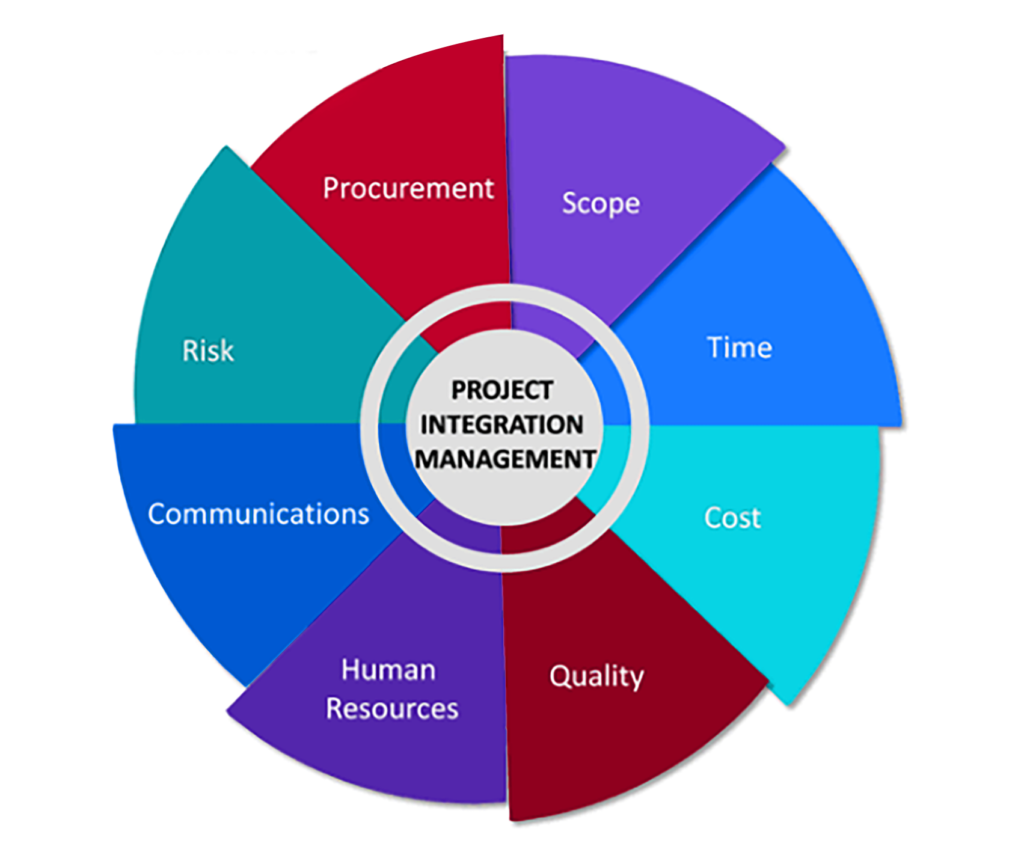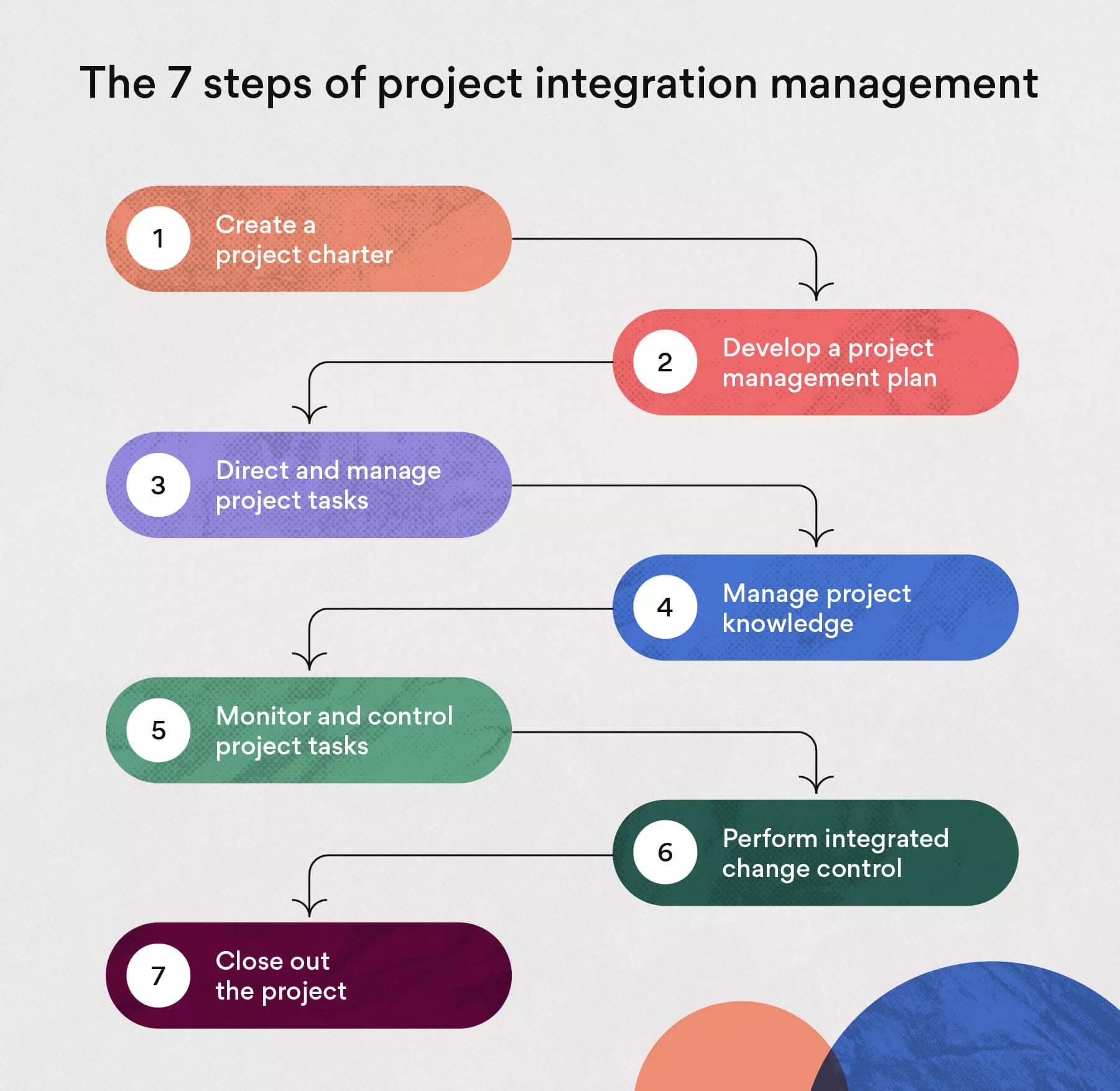
Project Integration Management is a crucial aspect of any successful project, ensuring that all the individual components and tasks are united and streamlined towards a common goal. It involves coordinating various project elements, such as scope, time, cost, quality, resources, and risks, to achieve maximum efficiency and effectiveness. By integrating these diverse aspects, project managers can effectively plan, execute, monitor, and control the entire project, leading to its successful completion. In this article, we will explore the fundamentals of Project Integration Management, providing you with valuable insights on how to master this essential discipline. So, get ready to enhance your project management skills and unleash the power of integration.
Understanding Project Integration Management
Introduction to Project Integration Management
Project integration management is a vital component of successful project management. It involves coordinating all aspects of a project to ensure that it meets its objectives. It focuses on unifying and harmonizing various project processes, activities, and deliverables to create a cohesive and integrated whole. Essentially, project integration management is the glue that holds all the different elements of a project together, ensuring that they work together seamlessly.
Defining Project Integration Management
Project integration management can be defined as the process of coordinating and overseeing all aspects of a project, from initiation to closure. It involves bringing together the various project management processes, knowledge areas, and techniques to create a comprehensive project management plan. The goal of project integration management is to ensure that all the individual parts of a project work together effectively and efficiently.
The Importance of Project Integration Management
Project integration management is crucial for the success of any project. It helps in ensuring that all project objectives are aligned, and that the project is delivered on time, within budget, and to the required quality standards. By integrating various processes and activities, project integration management helps to identify and manage dependencies, risks, and conflicts. It also enables effective communication, coordination, and collaboration among project teams, stakeholders, and other key parties.
The Integration Management Process
The integration management process consists of several key steps that are essential for effective project management. These steps include:
Develop Project Charter
The first step in the integration management process is to develop a project charter. The project charter outlines the objectives, scope, and stakeholders of the project. It serves as a foundation for the project and provides the necessary authorization to proceed with the project.
Develop Project Management Plan
The project management plan is a comprehensive document that outlines how the project will be executed, monitored, and controlled. It includes details on the project scope, schedule, budget, quality standards, and other important aspects. The project management plan serves as a roadmap for the project and provides guidance for the project team.
Direct and Manage Project Work
Once the project management plan is in place, the next step is to direct and manage the actual project work. This involves coordinating and overseeing all project activities, ensuring that they are carried out according to the project plan. It also involves managing and resolving any issues or conflicts that may arise during the project execution.
Manage Project Knowledge
Managing project knowledge is another important aspect of integration management. It involves capturing, organizing, and sharing project-related information and lessons learned. This helps in promoting continuous improvement and learning within the project team and across projects.
Monitor and Control Project Work
Monitoring and controlling the project work is essential to ensure that it is progressing as planned. This involves regularly tracking and comparing the actual project performance against the planned performance. It also includes identifying and addressing any deviations or variances from the project plan.
Perform Integrated Change Control
Integrated change control is the process of reviewing and approving changes to the project scope, schedule, budget, or other aspects. It ensures that all changes are assessed, evaluated, and managed in a controlled manner. This helps in preventing scope creep and maintaining project control.
Close Project or Phase
The final step in the integration management process is to close the project or phase. This involves formalizing project closure, evaluating project outcomes, and archiving project-related documents and deliverables. It also includes capturing lessons learned and conducting a project review to identify areas for improvement.

The Integration Management Knowledge Areas
Project integration management covers several knowledge areas that are essential for effective project management. These knowledge areas include:
- Project scope management
- Project time management
- Project cost management
- Project quality management
- Project human resource management
- Project communication management
- Project risk management
- Project procurement management
These knowledge areas are interconnected and interdependent, with each one influencing and impacting the other. Project integration management ensures that all these knowledge areas are effectively integrated and aligned to achieve project success.
Project Integration Management Techniques
Project integration management relies on various techniques and tools to ensure effective integration of project processes. Some of the commonly used techniques include:
Integrated Change Control
Integrated change control is a technique used to review, approve, and manage changes to the project scope, schedule, budget, or other components. It ensures that all changes are properly evaluated and controlled to prevent scope creep and maintain project control.
Expert Judgment
Expert judgment involves seeking advice and insights from subject matter experts or experienced professionals. These experts provide valuable input and guidance in making critical project decisions and solving complex problems.
SWOT Analysis
SWOT (Strengths, Weaknesses, Opportunities, and Threats) analysis is a strategic planning technique used to evaluate the internal and external factors that may impact a project. It helps in identifying potential risks, opportunities, and challenges, and enables appropriate actions to be taken.
Project Management Information System
A project management information system (PMIS) is a software tool or system used to gather, store, and manage project-related information. It provides a centralized platform for project teams to access and share relevant data, documents, and communications.
Lessons Learned
Collecting and documenting lessons learned throughout the project is crucial for future improvements. Lessons learned capture the knowledge and experiences gained during the project and provide valuable insights for similar projects in the future.

Conclusion
In conclusion, project integration management plays a vital role in the success of any project. It ensures that all project processes, activities, and deliverables are effectively coordinated and integrated. By aligning project objectives, managing dependencies, and promoting effective communication and collaboration, project integration management helps in delivering projects on time, within budget, and to the required quality standards. It is an essential aspect of project management that should not be overlooked.








